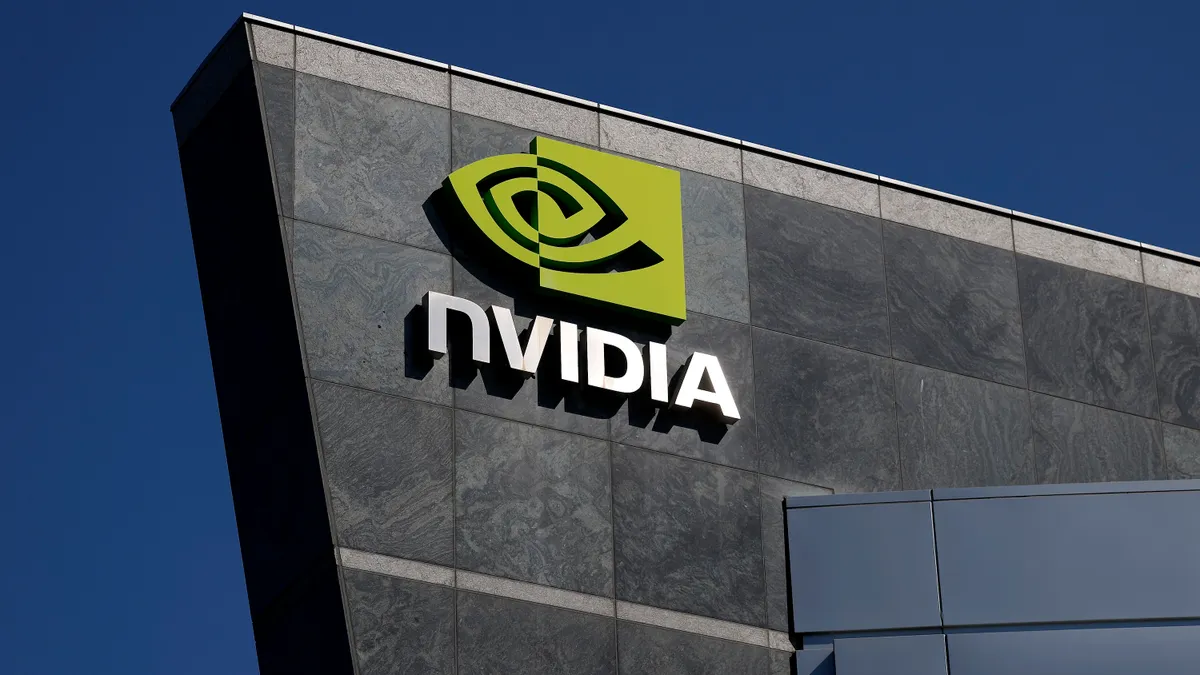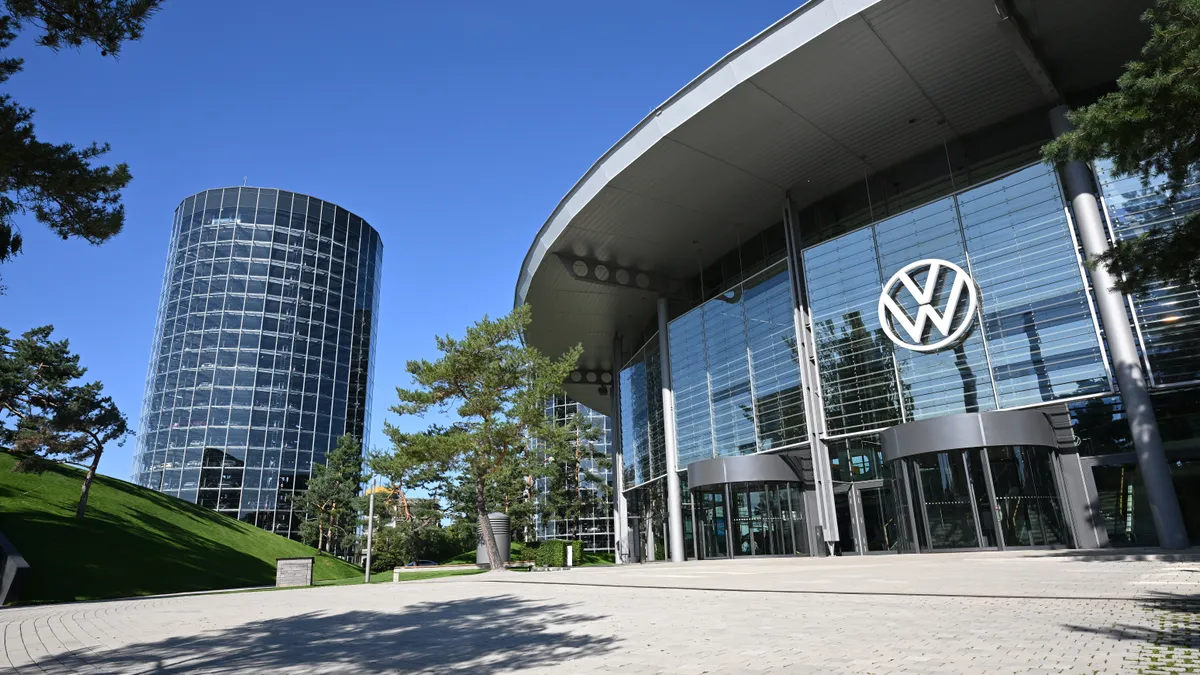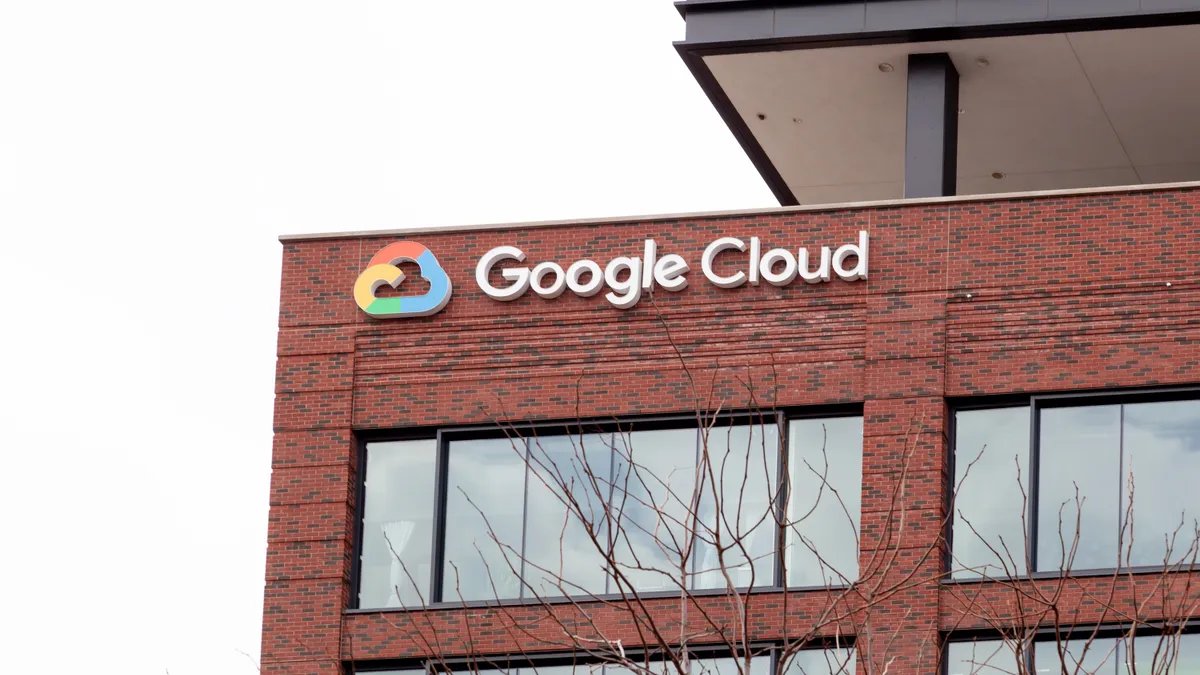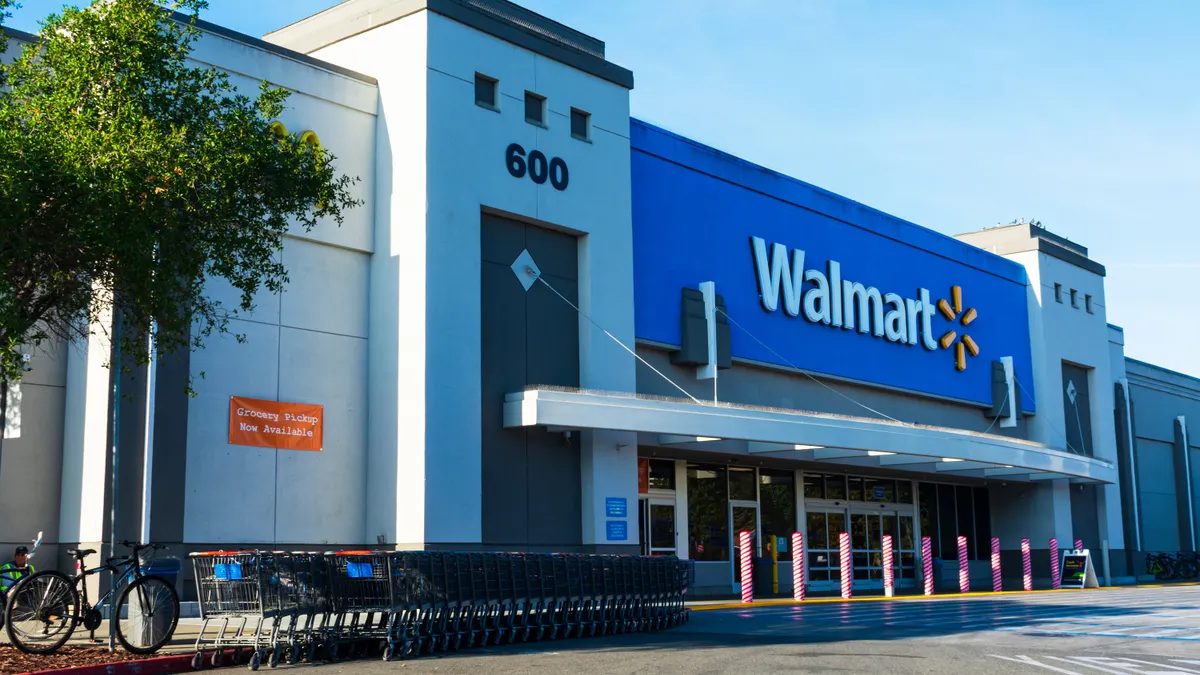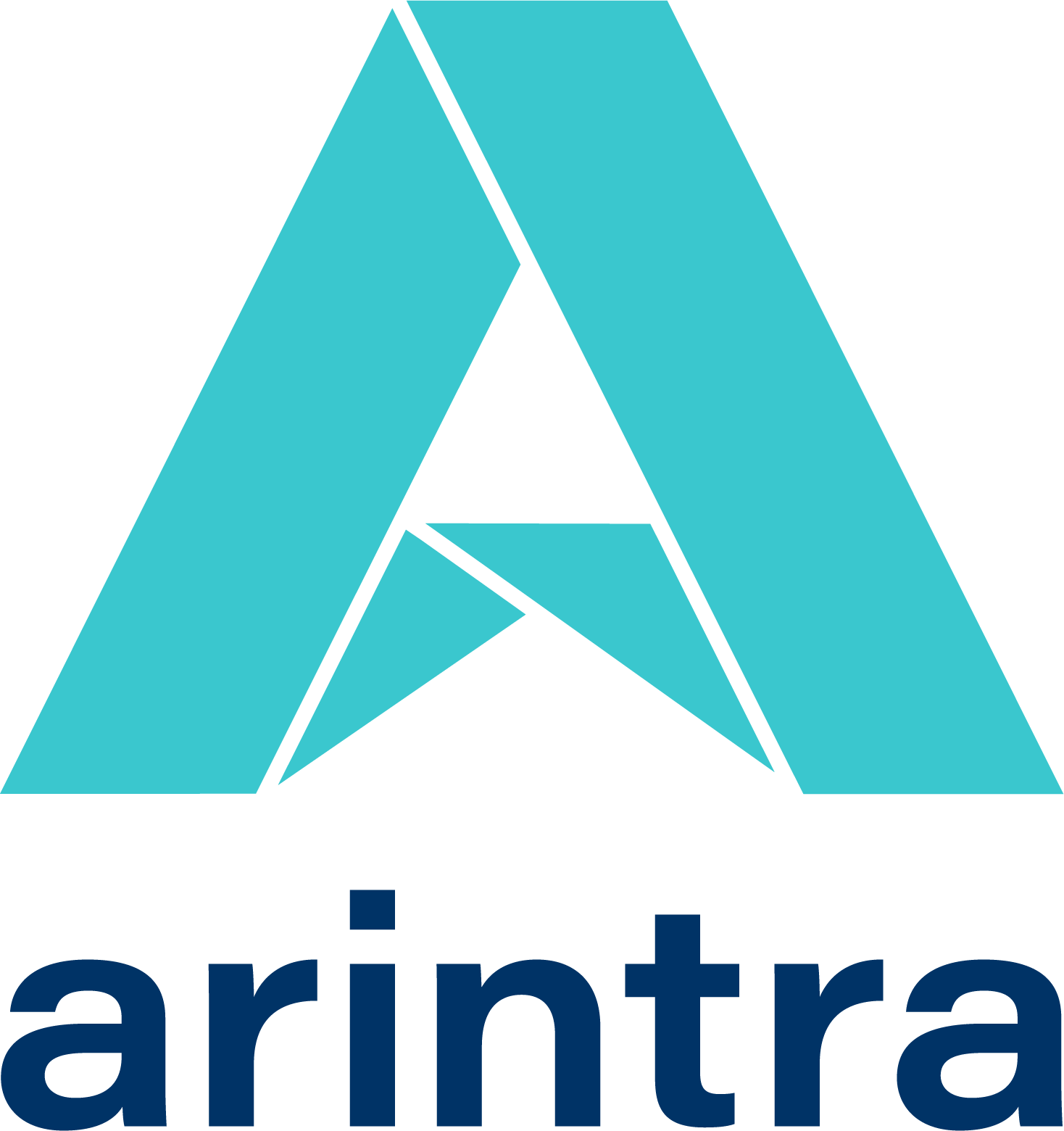Technology leaders have been pushed to create comprehensive AI governance playbooks before adoption can begin. But Ikea Retail Chief Data and Analytics Officer Francesco Marzoni has taken a different approach by decentering the technology and focusing on outcomes.
“I’ve been working with our colleagues and our executive board … to try to have an AI direction, an AI roadmap or an AI journey outlined, without that turning into an actual formally called AI strategy,” Marzoni told CIO Dive. “The idea behind that is to make sure we really anchor all our efforts around AI to our business priorities and organizational roadmap.”
Ikea’s approach to AI governance revolves around a responsible, human-centric approach, defined by Marzoni as prioritizing accuracy, transparency and human oversight in development and using AI only to address specific opportunities and challenges. The furniture retailer is ambitious about pursuing the technology; leaders just don’t talk about it in isolation.
At Ikea, an AI governance team works to ensure applications of the technology follow established guidelines. Comprised of tech practitioners, lawyers, policy pros and design-oriented workers, the team defines "how we play and which processes we need to have in place," Marzoni said.

AI use cases are concentrated in three main areas: personal productivity, optimization and customer experience.
Around 30,000 employees have access to an AI copilot, and the retailer is exploring tailoring AI assistants to add more value. Ikea is also exploring AI-powered supply chain optimization opportunities, such as minimizing delivery times and enhancing loading sequences for shipments to minimize costs. AI in CX mostly targets personalization.
“I’m not just talking about generative AI,” Marzoni said. “There’s some old, good machine learning models that are still absolutely delivering a lot of value, if not the majority of the value to date.”
Despite an aversion to the technology’s hype, Ikea wasn't immune to the post-ChatGPT wave of interest in generative AI. Marzoni’s team used enthusiasm to accelerate efforts around literacy and governance.
“If we compare ourselves to the rest of the industry when it came to the first wave of digital transformation, e-commerce … we came relatively late compared to other players,” Marzoni said. “When it comes to AI, though, we’ve been deliberate in saying, ‘We don’t want to be the followers.’”
AI regulatory compliance
AI governance at Ikea has been an iterative process with a sustained organizational focus. In 2019, the retailer created its first digital ethics policy, which put a focus on responsible AI as a core value. In 2021, Ikea launched a responsible AI policy and team to set implementation rules.
The efforts positioned the company to act quickly with generative AI.
Ikea was one of the first enterprises to launch an AI tool on OpenAI’s GPT Store and was an early adopter of Azure OpenAI Service. The company was in the initial wave of companies launching AI upskilling efforts last year.
Ikea is also a signatory of the European Union’s AI Pact, committing to early compliance efforts around the European Commission’s AI Act. Participating companies pledged to implement AI governance, conduct high-risk AI system mapping and promote AI literacy.
“It’s a matter of honoring our responsible ambition, our digital ethics ambitions,” Marzoni said. “It's in line with what we've been preaching even before the AI Act.”
Marzoni said the company had accomplished the three main commitments in the EU AI Act before the enforcement deadline earlier this month.
“On the review of the high risk use cases and prohibited use cases, there’s been a lot of work that the team has done relentlessly over the past 12 months,” Marzoni said. The initial approach was more reactive, but now the process is proactive, according to Marzoni, and requires proof of compliance to accompany submitted use cases before being cleared for implementation.
“To be brutally honest, it has been super easy and quick to align,” Marzoni said.
Nearly 180 companies have now signed the EU’s AI Pact, including Porsche, Mastercard and Adecco. Companies with sustained efforts around responsible AI and governance are likely to have an upper hand when it comes to ensuring compliance, though it can still be difficult.
Enterprises point to adoption delays and increased costs as top concerns around complying with AI regulations around the world. Even as the Trump administration promotes an AI deregulation strategy abroad and at home, organizations operating in the EU will still have to comply with the higher regulatory bar.
“We didn’t have to spend a lot of time trying to convince people why we should be a part of the AI Pact,” Marzoni said.









